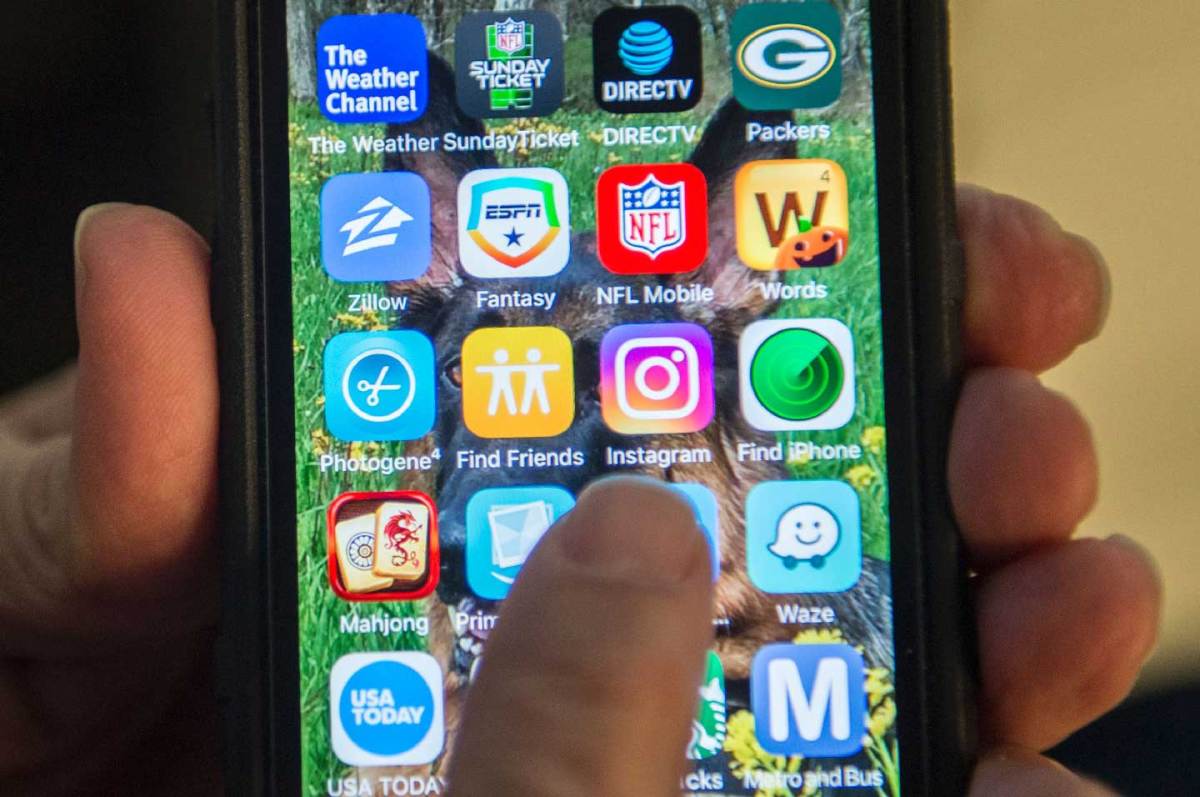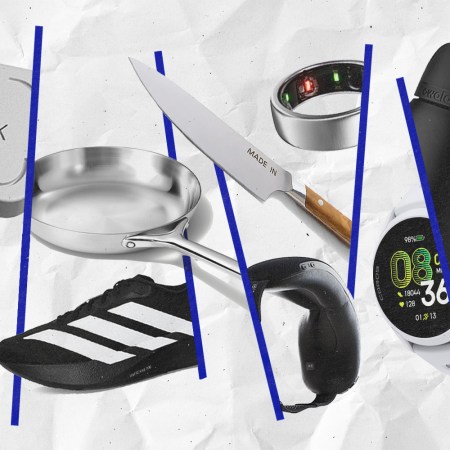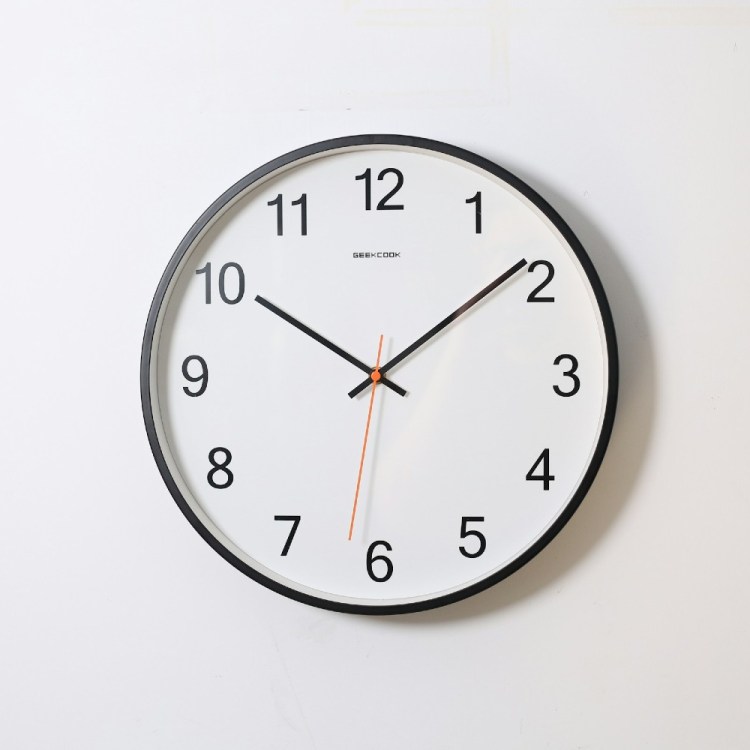Apps on your devices that travel around with you from home to work or school, to appointments, to stores and anywhere else are tracking your movements constantly. And then the companies behind them are selling that valuable data to the highest bidder.
Location services-enabled apps can update information on a user’s whereabouts as often as every two seconds, The New York Times reported.
In one case, an unidentified woman was tracked as she went to a Weight Watchers meeting and to her dermatologist’s office, then hiking with her dog and staying at her ex-boyfriend’s home. Simply using that data was enough for the Times to figure out who the woman was — information she found disturbing.
“It’s the thought of people finding out those intimate details that you don’t want people to know,” the app user, Lisa Magrin, who allowed the Times to review her data, said.
Though many are aware that their apps can track them, ubiquitous smartphones and more accurate tech has created an intrusive and growingly sophisticated industry of snooping.
The Times discovered that at least 75 companies currently receive anonymous location data from people who enable location services on their devices for more innocuous reasons, such as getting local news and weather. Several of those businesses track about 200 million mobile devices in the United States alone — about half of all smartphones used in the country last year.
Most of that information was accurate down to the yard and updated 14,000 times a day per person.
The companies then analyze and sell that data to advertisers, retailers and even hedge funds looking for insights into consumer behavior. It’s a lucrative business, with sales of location-targeted advertising reaching an estimated $21 billion this year, according to the Times.
“Location information can reveal some of the most intimate details of a person’s life — whether you’ve visited a psychiatrist, whether you went to an A.A. meeting, who you might date,” said Senator Ron Wyden (Oregon – Dem.) who has proposed bills to limit the collection and sale of such data, which are largely unregulated in the United States.
“It’s not right to have consumers kept in the dark about how their data is sold and shared and then leave them unable to do anything about it,” he added.
Thanks for reading InsideHook. Sign up for our daily newsletter and be in the know.















